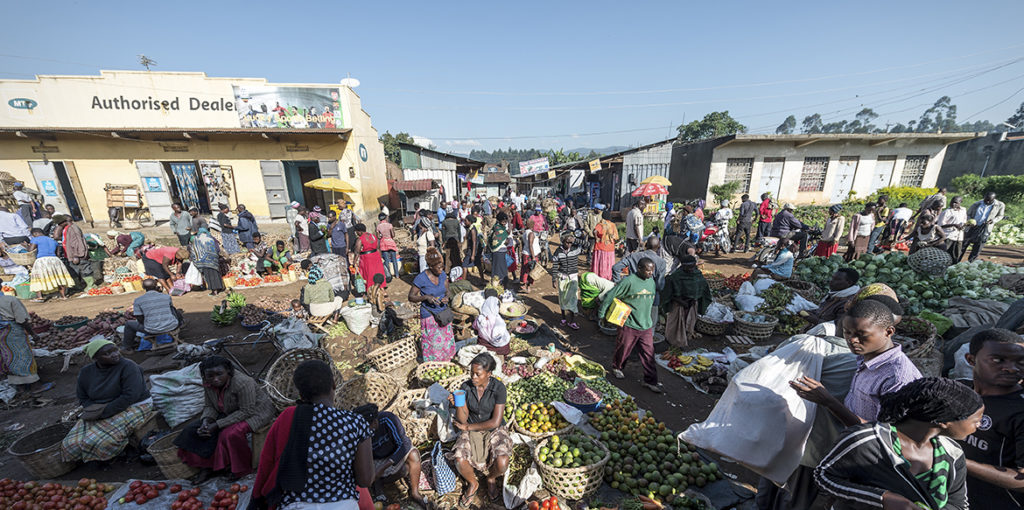A new six-minute film describes the cultural influences and policy challenges facing Zambia as the country strives to promote dietary diversity despite being heavily reliant on maize as its primary source of food.
Although government policies aimed at improving access to sufficient and nutritious foods are in place nationally, inequality means many Zambians, and women and infants in particular, are not eating nutritious and varied meals.
Despite steady declines in food prices, between 1971 and 2011 calories from fish, eggs, vegetables and milk reduced from already low levels. Consumption of fruit and meat remained the same, while access to fats, oil and starchy food doubled.
These statistics highlight the reality that Zambian diets are often monotonous, lacking in variety and, most importantly, are dominated by maize.
The ‘Life beyond maize‘ film shows interviews with Zambian Minister of Agriculture Dora Siliya, a small-scale farmer, and a working family. Each interviewee shares their perspective on the urgent need for diversification in Zambia’s agricultural production and consumption habits.
Siliya tackles the issue of diversification head on, saying: “I don’t want to be the minister of maize, I want to be the minister of agriculture.”
Nutrition decision-making
The film was launched ahead of World Food Day on 16 October and was shown at the United Nations’ Committee on World Food Security (CFS), which starts its 44th plenary session in Rome on 10 October.
‘Life beyond maize’ was also shown at a the Hivos/IIED side event in Rome on 10 October titled ‘Multi-stakeholder action to safeguard diversity within the global food system’ when we presented our findings in the policy brief ‘Nourishing diversity: a five-point plan to enrich food systems’ (PDF).
Sustainable diets for all operates in Zambia, Uganda, Bolivia and Indonesia. It is delivered in partnership with IIED and is funded by the Dutch Ministry for Foreign Affairs.

